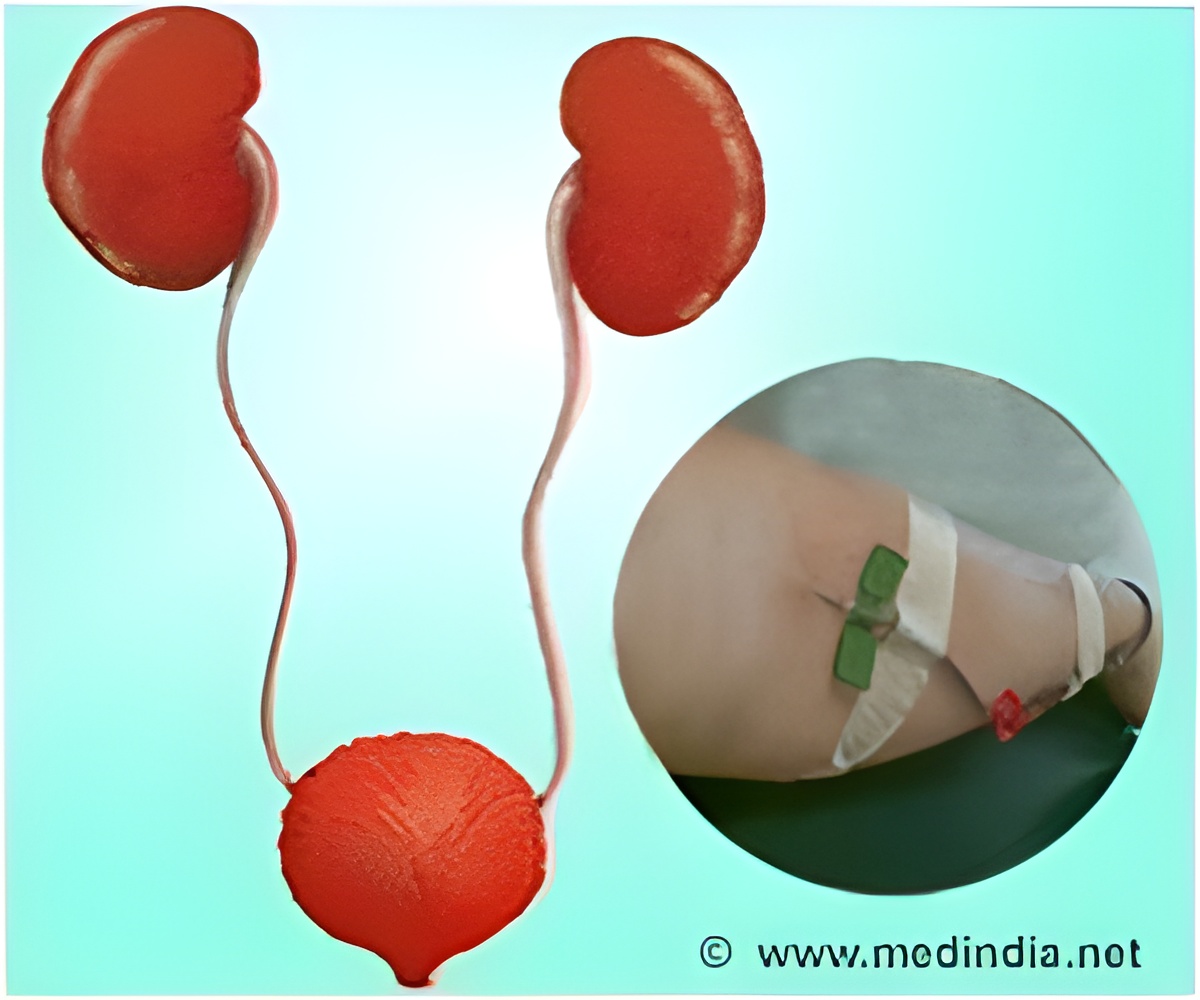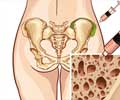A new study published in the Journal of the American Society of Nephrology suggests that kidney transplantation can help kidney failure patients to live longer.

Many studies have shown that kidney failure patients can receive many benefits from home hemodialysis that is done more often and for a longer stretch of time than is typically done in dialysis centers. While research indicates that conventional in-center hemodialysis is not as beneficial as kidney transplantation, it's unclear how intensive home hemodialysis compares with transplantation.
Karthik Tennankore, MD, FRCPC (Dalhousie University), Christopher Chan, MD, FRCPC (University of Toronto) and their colleagues conducted a study to compare long and frequent home hemodialysis (at least 16 hours/week) with kidney transplantation. Their study included 173 home hemodialysis patients and 1,517 transplant recipients (673 living donor, 642 standard criteria donor, and 202 expanded criteria donor recipients) who received care between 2000 and 2011 in a Canadian medical center.
Among the major findings:
- Kidney transplant patients had a 55% to 61% (depending on organ donor type) reduced risk of treatment failure or death during the study compared with patients on long and frequent home hemodialysis.
- The risk of being admitted to the hospital and spending a longer time in the hospital was higher for some kidney transplant patients up to a year after transplantation, but lower in the long term compared with dialysis patients.
"This study tells us that we should continue to promote kidney transplantation to eligible patients receiving longer, more frequent home hemodialysis even if they are doing well on their dialysis treatment," said Dr. Tennankore. "This study also tells us that patients who are receiving this type of dialysis still have very good health outcomes," he added.
In an accompanying editorial, Thomas Golper, MD and Rachel Fissell, MD (Vanderbilt University Medical Center) lauded the investigators for the rigorousness of their study. "The gap in clinical outcomes between all forms of kidney transplantation and the putative best forms of dialysis is large. This gap is made even more evident in the report by Tennankore et al," they wrote. They explained that transplantation is the most desirable and preferred form of kidney replacement therapy, but dialysis will continue to be important due to the scarcity of organs and the ineligibility of some patients for transplantation. New technologies will hopefully improve dialysis so that it provides more benefits in the future.
Disclosures: The authors reported no financial disclosures.
The editorial, entitled "Mind the Gap," will appear online at jasn.asnjournals.org/ on May 22, 2014.
The content of this article does not reflect the views or opinions of The American Society of Nephrology (ASN). Responsibility for the information and views expressed therein lies entirely with the author(s). ASN does not offer medical advice. All content in ASN publications is for informational purposes only, and is not intended to cover all possible uses, directions, precautions, drug interactions, or adverse effects. This content should not be used during a medical emergency or for the diagnosis or treatment of any medical condition. Please consult your doctor or other qualified health care provider if you have any questions about a medical condition, or before taking any drug, changing your diet or commencing or discontinuing any course of treatment. Do not ignore or delay obtaining professional medical advice because of information accessed through ASN. Call 911 or your doctor for all medical emergencies.
Founded in 1966, and with more than 14,000 members, the American Society of Nephrology (ASN) leads the fight against kidney disease by educating health professionals, sharing new knowledge, advancing research, and advocating the highest quality care for patients.
Source-Newswise
 MEDINDIA
MEDINDIA



 Email
Email










